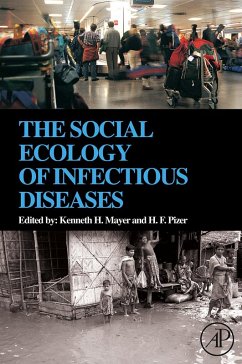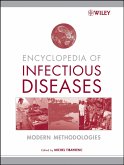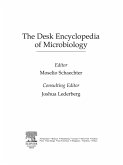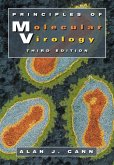Social Ecology of Infectious Diseases explores how human activities enable microbes to disseminate and evolve, thereby creating favorable conditions for the diverse manifestations of communicable diseases. Today, infectious and parasitic diseases cause about one-third of deaths and are the second leading cause of morbidity and mortality. The speed that changes in human behavior can produce epidemics is well illustrated by AIDS, but this is only one of numerous microbial threats whose severity and spread are determined by human behaviors. In this book, forty experts in the fields of infectious diseases, the life sciences and public health explore how demography, geography, migration, travel, environmental change, natural disaster, sexual behavior, drug use, food production and distribution, medical technology, training and preparedness, as well as governance, human conflict and social dislocation influence current and likely future epidemics.
- Provides essential understanding of current and future epidemics
- Presents a crossover perspective for disciplines in the medical and social sciences and public policy, including public health, infectious diseases, population science, epidemiology, microbiology, food safety, defense preparedness and humanitarian relief
- Creates a new perspective on ecology based on the interaction of microbes and human activities
Dieser Download kann aus rechtlichen Gründen nur mit Rechnungsadresse in A, B, BG, CY, CZ, D, DK, EW, E, FIN, F, GR, HR, H, IRL, I, LT, L, LR, M, NL, PL, P, R, S, SLO, SK ausgeliefert werden.









